Gaming and Gambling

Information
Here you’ll find answers to common questions about gaming and gambling.
Select the underlined questions below to see more.
Gaming can be a great way to socialise and connect with people, relax or learn new skills, but sometimes gaming can get in the way of other things we used to enjoy. It can stop us spending time with our friends in real life and disrupt our sleeping and studying.
If you’re worried about your gaming, you are not alone and there are lots of things you can do to keep gaming positive.
Gaming can be a huge help with our learning, it can improve how we communicate with people both vocally and through writing and can improve our concentration. Gaming is a great way to connect with people old and new, compete with friends and family and the rewards within the games can make us feel positive and that we are achieving and constantly learning, as the game is always developing.
But gaming can become unhealthy. If you notice you’re spending longer and longer gaming, if it’s getting in the way of things you want to do or should be doing e.g. schoolwork, your hobbies or sleeping. If you notice that the real world is no longer fun, your mood is changing or you’re needing to spend more in the games to keep up, then gaming may have become unhealthy. There are lots of things you can do to take back control of gaming and make it fun again.
Gaming and playing online can have a positive effect on our mental health and wellbeing. Think about when you game and the positive effects it has on you, maybe you feel connected to your friends, maybe you enjoy the challenge and feel good when you reach the next level or beat an opponent. Maybe it helps you relax after a day of school, or it’s what you enjoy to do in your down time to switch off. All of these and more are completely valid reasons to enjoy gaming.
Lets look at some of these positives in more detail:
- Connecting: Gaming can help us make friends who have similar interests to us, we can talk to people about things we enjoy, we can talk tactics on how to get through the next level and we can talk about things that are going on in our day to day lives. It can be a helpful way to express how we’re feeling without the pressure of feeling like you have to talk because the silences are filled by you playing.
- Skill Development: Think about the games you play, what are some of the things you do in the game that you don’t do in your day to day life? Gaming can increase your reaction time – this could help with traditional sports like sprinting. It can increase your problem solving skills, helping you to look at situations differently and come up with new ways of doing things – how might this help in school? Gaming is also a great chance for you to show off your creativity. Maybe you could come up with your own storyline could you write a blog, a story to go alongside the game you’re playing, or design your own game including all the best things?
- Relaxing and Winding Down: Just like reading a book or watching some TV, gaming can be a great way to switch off and get lost in something. It can help you to recharge after a long day of school or college. If you’ve had a stressful day or something hasn’t gone the way you wanted it to gaming, can provide that relief and escape from any thoughts etc. Focusing your mind on something that requires your full attention can be a huge help when you’re tired and stressed.
There are a lot more positives to gaming – have a think about which are the top ones for you and what you want to get out of gaming, besides the obvious answers.
Although there are a lot of positives as we have seen that gaming can become harmful to our mental health. It can become too much, we might feel that we are spending more time than we want to, we can’t stop thinking about it even when we’re busy doing other things. We may experience bullying or online chat—which is harmful and can be upsetting. We may feel lonely, increasingly angry and upset, or just notice that we are down more than we used to be.
Lets explore some of these in more detail:
- Online bullying: You are probably familiar with what is called a troll – this is someone online who does things purposefully to try and get a reaction from you. Normally these are not nice things because they want to provoke a negative reaction. Some things they might do are: say nasty things to you via the voice or chat platforms, exclude you, purposefully destroy your game or find you on social media and again say nasty things to you, or about you.
- Low mood: You might find yourself struggling to do other things you would normally do, or you might not find the same enjoyment if gaming is taking over as the thing you want to do the most. You might miss out on things, or you might start to lose touch with friends if they don’t enjoy video gaming. This can all have an impact on our mood and how we feel about ourselves and our self-esteem.
- Not being able to stop: When we enjoy something, to begin, with we might do it a lot as it’s new and exciting, but if this continues and we are spending all our time doing one thing this can be unhealthy. You might find that gaming becomes the only thing you want to do and the only thing you can talk about as a result. If we’re gaming too much we might not be eating and looking after our health properly, we might not be doing anything outside or moving our bodies and we might miss out on sleep—all of which are key to our mental wellbeing. You might find that you struggle to take time off the games and feel worse as a result of this even though it is something you enjoy doing.
All of these and anything else you are feeling are completely real and it’s important to ask for help if you need it, or talk to someone you trust about what you’re feeling.
There is always support out there for you and you are not alone.
There are lots of practical things you can do to make sure your time gaming is fun and enjoyable – you don’t need to stop gaming completely. You and those around you might be able to come up with some more ideas and it can be helpful to talk about what steps you’re going to put in place so people can support you. You might want to come up with a family agreement, for example, where everyone has a no screen day once a week, so you’re all doing it together and supporting each other.
Here are some other things you can do:
- Create a positive community: You don’t need to play and interact with people who you don’t like or who don’t treat you well. If someone is bullying you or abusing you, make sure you report that behaviour. You can do this anonymously so they won’t know it’s you. If you feel nervous about doing this, then think about the fact that the bully might be doing it to your friends as well and that’s not fair, can you be the one to help? Each game will have it’s own reporting system, some you can find at the Cybersmile website (see the Finding Help section) You can also choose the games you play, if your friends are playing a game you don’t like why not suggest that one night that week or the weekend, you all try out a different game together. Have a look at the BBC, Ownit video (see the Finding Help section) which tells you more about online bullying, why you don’t need to put up with it and how you can make sure you are being a respectful player, as well.
- Check in with yourself: Before you play online can you take a moment to see how you’re feeling and make a decision on whether or not you play and if you do, which game you play based on your mood. If you’ve had a really bad day, will playing a really faced paced game heighten these emotions and maybe make you feel worse? You might need to play a slower paced game which involves more thinking to take your mind off your day completely. Also think about the time of day you’re playing, if you’re gaming just before bed will an action game make it harder to switch off and go to sleep – do you need to play something a little bit more relaxed instead.
- Make your account safe: It’s very important to look at your privacy settings and see what information is available to people. Set up your account so only people you trust can see your personal information, you might want to use a fake name instead of your real one. Make sure that you don’t send people you don’t know (even if you have spoken to them a lot online) any information about you. You can also limit who is able to contact you which can help protect you from online trolls.
- Take breaks: This might seem really obvious, but it is really simple when we’re involved in a game to lose track of time and to not stop for a drink, something to eat or even to move a little and get outside. If you easily get caught up in the games and do forget to take breaks can you set a number of alarms to remind yourself or arrange to do something with a friend or family member so you have something exciting to come off the game for. Choose the right foods and drinks as well and try to stay away from too many energy drinks and things that might keep you awake later on.
A lot of people will think that you buy the game and that’s it—no more money is involved, but more and more games involve in-game purchases rather than money spent buying the game and this can add up the more you play.
Some games will encourage you to spend money at moments when you’re really into the game, they might offer you something really exciting – there might be a loot box with the exact item you need and all you have to do is open it and find out if you’ve got it. In these moments it can be really hard to think rationally about whether we can afford to spend that amount of money, or not, and the desire for something overtakes our thinking.
You can check before you buy a game whether there are any in-game purchases later on, even if there are, remember you don’t need to buy them – even if everyone else is. Be prepared and talk to those around you, including your parents or guardians and agree a spending limit so you know you have enough money for the games but also for everything else you want to do e.g. the cinema or for Christmas presents. If you’re struggling look at all the different things you could do with that money instead, try and find something you’d like to do. Maybe you want to Zip Line or go to an adventure park you could use the money on that instead, that way you’re not missing out, you’re simply doing something different.
Also it’s important to think before you buy, we might feel that we have lost control of our spending and we need to spend more and more to keep up. Buying and opening a loot box, for example, can make us feel really good. It’s exciting like waiting for a player to take a penalty in football, but just like that example the outcome isn’t certain and we might not get what we want or need, this may make us want to spend more. This thrill of a near win, might make us want to take bigger risks and we might want to gamble on things such as sport etc—which aren’t legal under the age of 18. If this becomes the case there is help out there – talk to a trusted adult who can help you set up controls on your devices so you can’t spend money. Take a look at the Big Deal website (see the Finding Help section) which has lots more information on it.
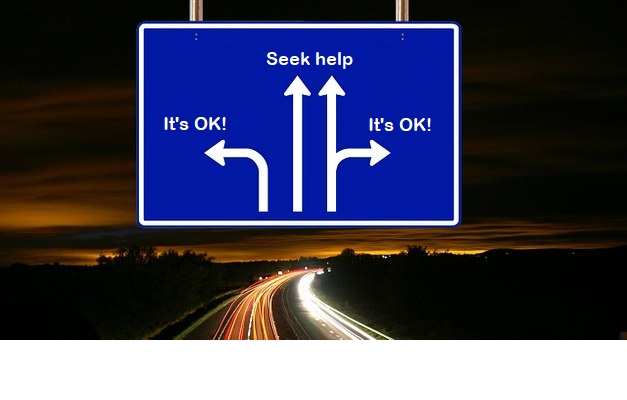
Coping with
It can seem like a scary thing to admit that you are struggling especially with something which is so normal in so many peoples lives, but you are not alone and asking for help is really brave. Here are some top things you can do if you are struggling or just want a bit of support around gaming and gambling.
If you’re struggling with gaming and gambling, here are some ideas that may help you cope:
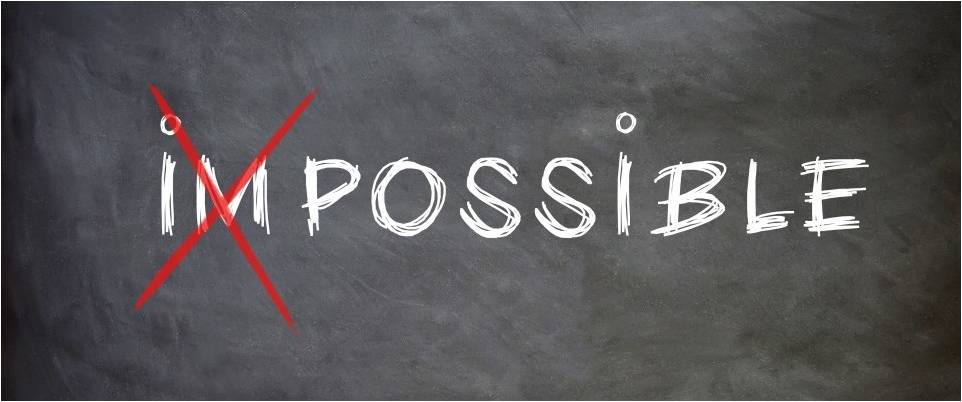
Finding help
Who can I talk to?
- Friends
- Family
- Someone you trust at school
- Youth worker
- Health professional (GP; Counsellor Nurse)
- Charities and Helplines
Select the underlined topics below to view what resources are available.
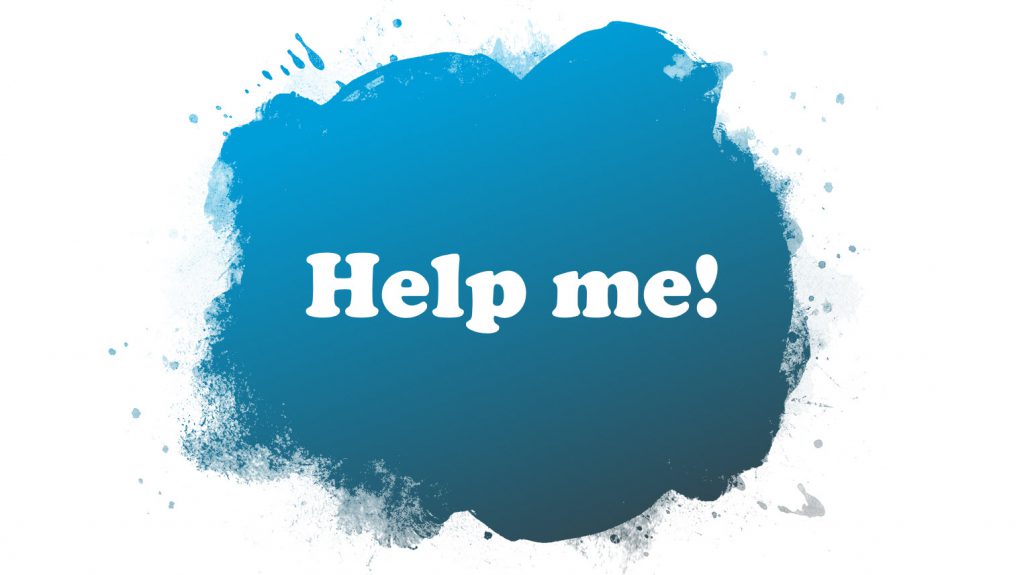
Getting more help
If you haven’t already found the help you’re looking for, you can find additional information and services which are more interactive here.
You can also make a referral to Mental Health Services by completing the online referral form
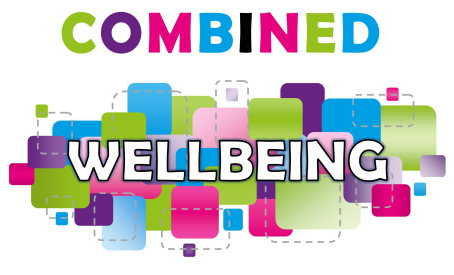












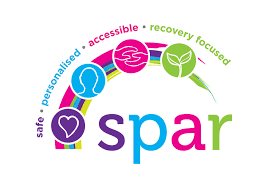
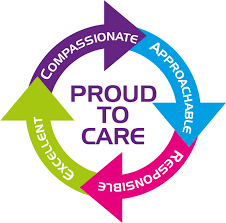





 This could be help with organising your privacy settings, or help with monitoring how much you are playing or spending on the games. If someone is bullying you online, your family can set up controls which mean strangers won’t be able to talk to you and they can help you with reporting inappropriate behaviour.
This could be help with organising your privacy settings, or help with monitoring how much you are playing or spending on the games. If someone is bullying you online, your family can set up controls which mean strangers won’t be able to talk to you and they can help you with reporting inappropriate behaviour.



 Sometimes we can get caught in a habit, only doing one thing over and over again, but there are so many things out there. Many, you might not even have thought of and many of these can still be done on the computer, so you can use the skills you’ve learned.
Sometimes we can get caught in a habit, only doing one thing over and over again, but there are so many things out there. Many, you might not even have thought of and many of these can still be done on the computer, so you can use the skills you’ve learned.
